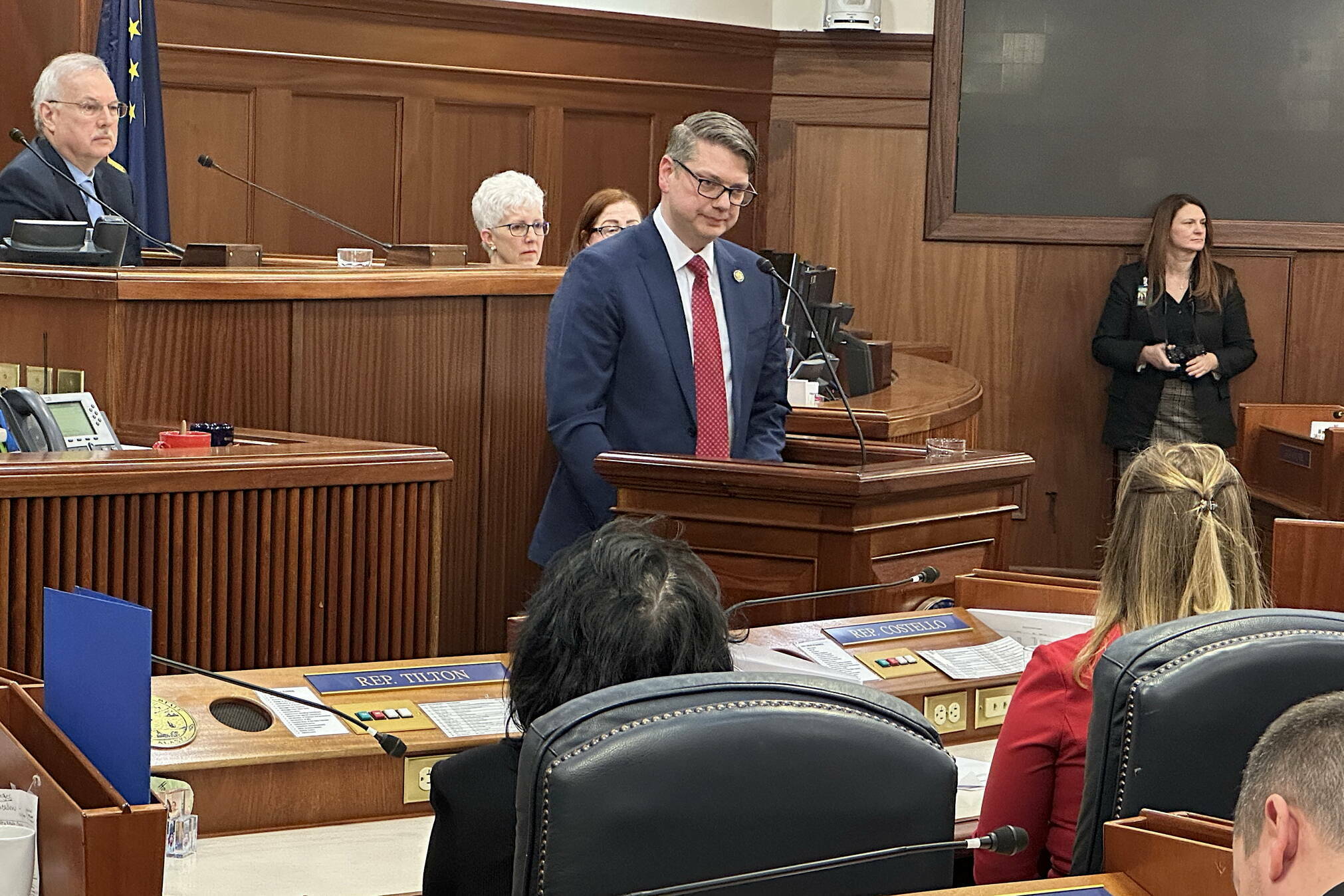It’s right to ask whether Nick Begich is a noncongressman for Alaska. The latest evidence of it is his vote for the House tax bill, now passed to the Senate for reconciliation. The congressman said the bill is great for Alaska, but clearly it is not.
The bill is predicted to harm the 250,000 Alaskans who rely on Medicaid to help pay for their health care. About 14,000 of these are predicted to lose coverage right away with more to follow. Taking health care from people cancels their ability to preserve wellness, isolates them with worry, and sends them, sooner or later, to an emergency room with serious sickness or disease. This punishment would not be theirs alone. With the uninsured not able to pay for expensive emergency services, hospitals and insurance carriers are compelled to pass those costs on to all Alaskans.
Additionally, the tax bill would add a new line item to Alaska’s budget for food assistance (SNAP), a budget that already cannot adequately fund Alaska’s education system and other basic needs. Also alarmingly, the bill would add $3.8 trillion over a decade to the current national debt of $36.22 trillion, a debt that grows daily due to the monumental interest on it. Even without the tax bill’s added deficit, according to the Congressional Budget Office, if not paid down, the national debt by 2035 is projected to be at the alarming figure of $59.2 trillion.
Gallingly, the cuts to Medicaid and shift of SNAP costs to Alaska amount to a theft in plain sight. The cuts are to pay for tax cuts that give the top 95th to 99th percent of income earners ($460,00 to $1.1 million) an average tax cut of $21,000. The top 1% of earners ($5 million+) would receive an average tax cut of $300,000. For the middle 75% of income earners, the tax cut would average about $1,800. For the bottom 20% of incomes ($35,000 or less), the tax cut would be about $160. And for those making less than $20,000, they get a tax increase of about $40. How does Alaska benefit from a bill that hurts people, adds cost to the state, and raises the cost of health care for all Alaskans so the highest earning 5% can reduce their taxes by tens and hundreds of thousands of dollars? Servicing this debt would take 22% of federal revenue.
Only the top 5% of wage earners in Alaska could be looking forward to the House tax bill as something great as the congressman claims. The rest of Alaskans could instead be looking forward to the 2026 open primary and November election and the chance of no longer having a noncongressman for Alaska to blame for moral indifference and rising cost to the many for the increased financial gain of the rich.
Art Petersen is a 50-year resident of Alaska and professor of English emeritus from the University of Alaska Southeast.

